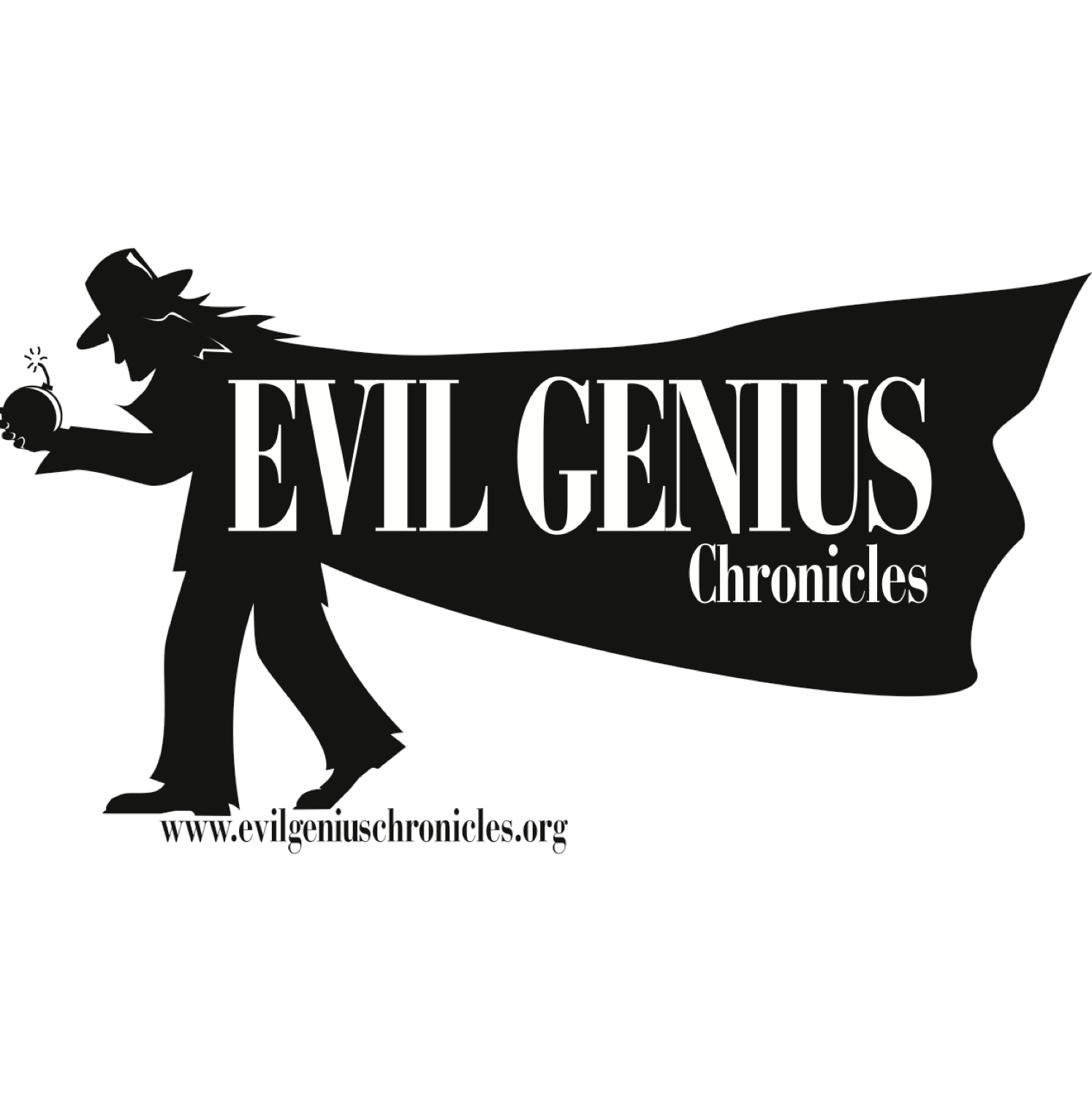Monsanto Goes Insane
Here's a story that I really don't understand. Monsanto, which makes the hormones frequently given to milk cows, is suing a Maine dairy for labeling their milk "hormone free".
The label, used by Oakhurst Dairy in Portland, states: "Our farmers' pledge: no artificial growth hormones." Monsanto sued Oakhurst in July, saying its label implies the dairy's milk is somehow better than milk from cows treated with recombinant bovine somatotropin , or rBST, a hormone sold by the company under the brand name Posilac. About 17 percent of dairy farmers use rBST, injecting 32 percent of all cows in the United States, according to the U.S. Department of Agriculture.
Call me stupid, but I don't see how labeling milk "hormone free" when it is from cows who were given no hormones is actionable. Monsanto isn't arguing the truth of the claim, just that this implies their hormones are bad. The article says the dairy might settle. I'm no lawyer, but it seems like they might have stood a good chance of prevailing. This strikes me as petulant on Monsanto's part. They sell their hormones to a lot of dairies in the country, and they want to even prohibit the ones that don't use hormones from using that as a differentiator. That doesn't seem right to me. Are they going to sue farmers that label produce "pesticide free" as well?
